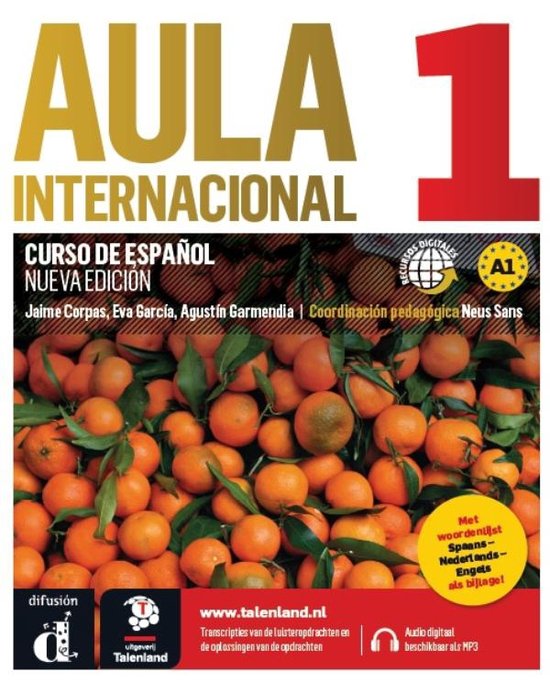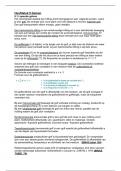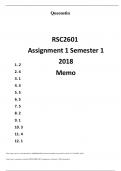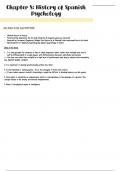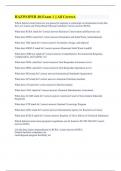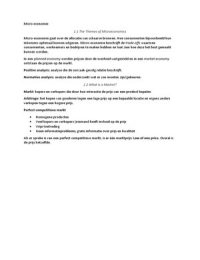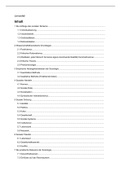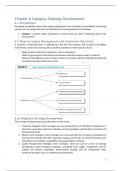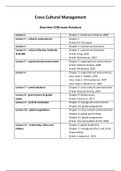El día = The day (exception la el)
Los días de la semana (week): (La semana pasada last week)
El / Los
Lunes = Monday
Martes = Tuesday
Miércoles = Wednesday
Jueves = Thursday
Viernes = Friday
Sábado = Saturday
Domingo = Sunday
Los lunes, tengo que trabajar Every Monday, I have to work.
Partes del día:
La
Mañana = Morning
Tarde = Afternoon
Noche = Night
Por la mañana = In the morning
Vocabulario partes del día:
Mañana:
Despertarse = To wake up
Levantarse = To get up
Durcharse = To take a shower / Banarse = To take a bath
Vestirse = To get dressed
Desayunar = To have breakfast
Cepillarse los dientes = To brush one’s teeth
Ir a trabajar / Ir al trabajo = To go to work
Ir en bicicleta = To ride a bicycle
Coger el metro = To take the metro
Leer el periódico = Read the newspaper
Ver las noticias = Watch the news
Tarde
Volver a casa = To return home
Preparar el almuerzo = To prepare the lunch
Almozar = To have lunch
Estudiar = To study / Hacer deberes = to do homework
Ir al gimnasio = To go to the gym / Hacer deporte = To do sports
Leer libros = Reading books
Ver la tele = Watching televisión
Ir de compras = To go shopping
Jugar al futbol = To play soccer
Dormir la siesta = To have a nap
,Noche
Cenar = To have dinner
Vestirse = To get dressed
Beber = To drink / Tomar algo = To have something to drink/eat
Ir al cine = To go to the cinema
Ir de fiesta = To go to a party / Salir de noche = To go out at night
Quedar con amigos = Meeting up with Friends
Acostarse = To go to bed
Verbo llamarse
Yo = me llamo
Tú = te llamas
El, ella, usted = se llama
Nosotros, nosotras = nos llamanos
Vosotros, vosotras = os llamáis
Ellos, ellas, usted = se llaman
Verbos yo – Irregulares
To be To do To know To know/meet To go out To put To give
Differentes tipos de verbos:
To wake up To ask for To fence in To play
To begin To repeat To sleep
To understand To serve To be able to
To prefer To get dressed To return
To want/to love To lean on
To think
, La Hora:
Perdón – neutral
Perdone / Discúlpeme formal
Perdona / Discúlpeme informal
¿Qué hora es? What time is it? (Formal)
¿Tienes hora? Do you have the time? (Informal)
¿Tiene usted hora?
¿Qué hora es?
- Son las nueve (09:00/21:00)
- Son las cuatro y cuarto (04:15/16:15)
- Son las dos menos cuarto (01:45/13:45)
- Son las cinco y media (05:30/17:30)
- Es la una (01:00/13:00)

